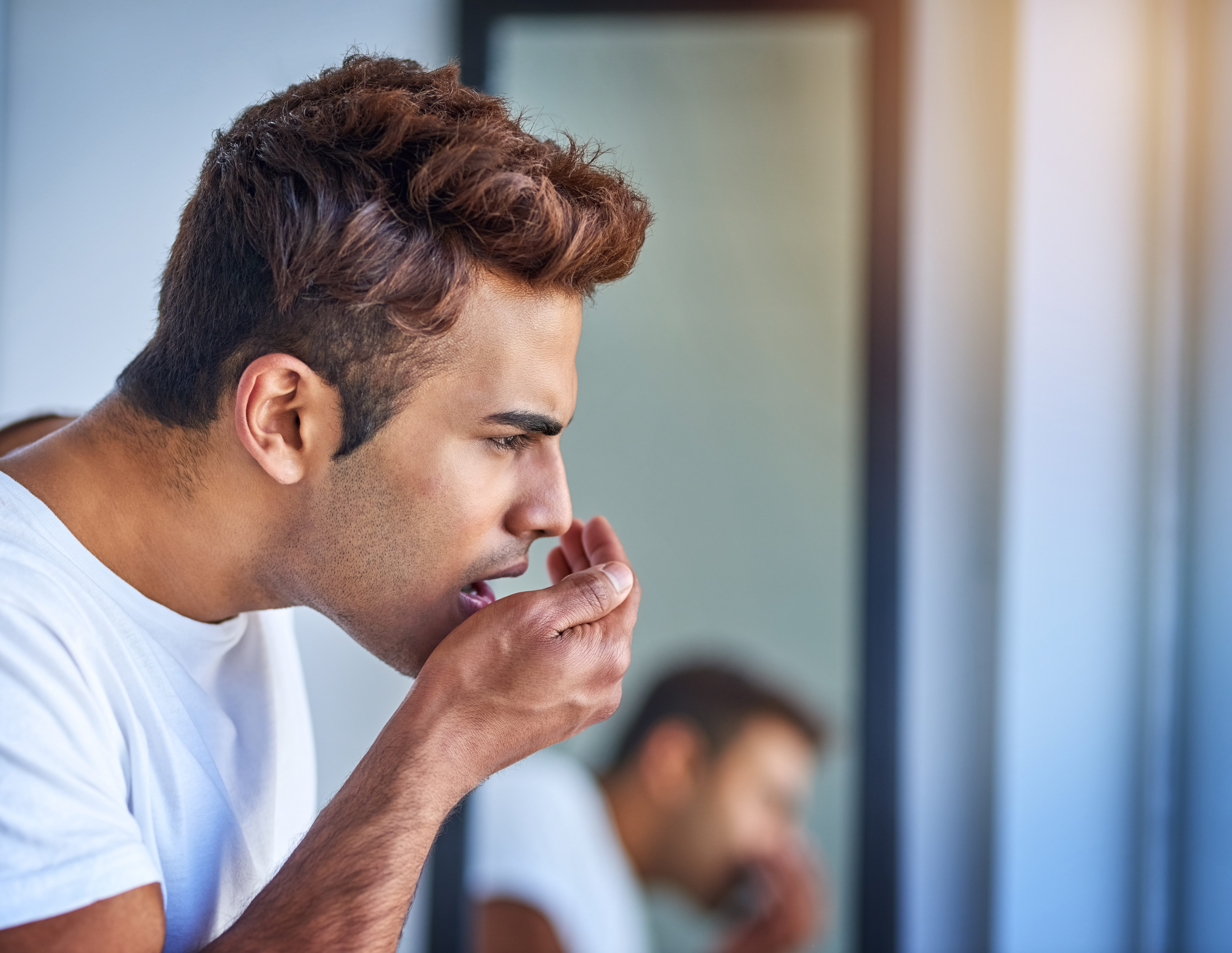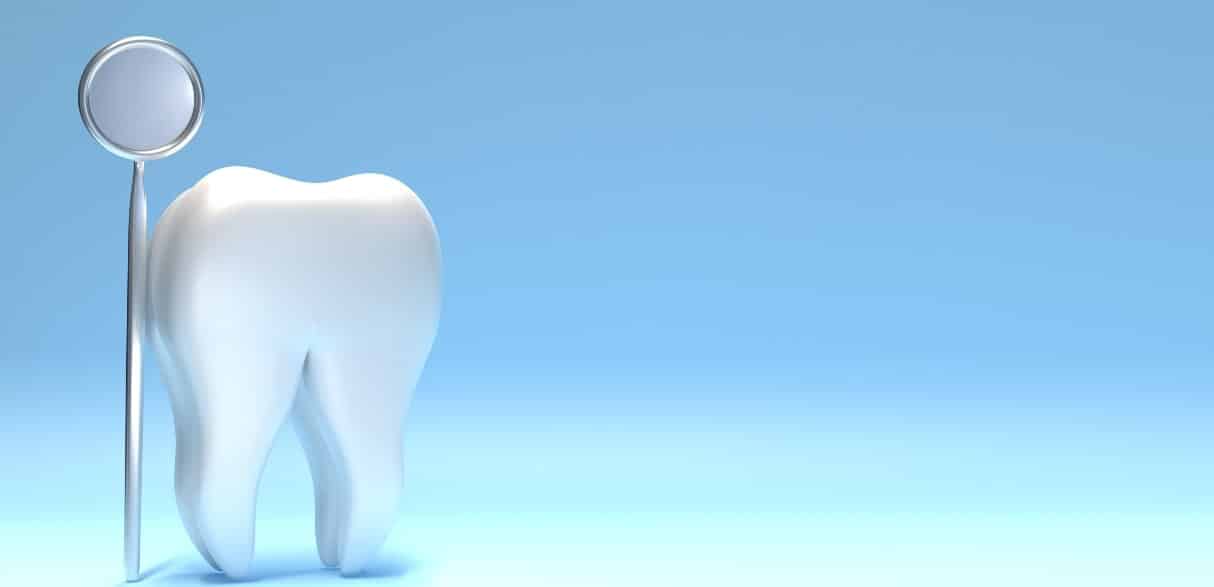245 11th Ave NE Hickory, NC 28601
Say Goodbye to Bad Breath: Effective Tips for Fresh and Confident Breath

Bad breath, also known as halitosis, can be an embarrassing issue that affects many people at various points in their lives. Whether it’s a morning occurrence or a persistent problem, bad breath can hinder social interactions and affect self-confidence. Fortunately, there are numerous ways to combat bad breath and maintain a fresh and confident breath. In this comprehensive guide, we’ll explore the causes of bad breath and provide effective tips to ensure your breath stays fresh throughout the day. If you’re looking for professional help, visiting a dentist can be a great step towards achieving optimal oral health.
Understanding the Causes of Bad Breath
Before diving into the tips, it’s essential to understand what causes bad breath. Identifying the root cause can help you choose the most effective solutions.
1. Poor Oral Hygiene
One of the most common causes of bad breath is poor oral hygiene. When food particles are not removed from the mouth, they can decay and cause unpleasant odors. Additionally, plaque buildup on the teeth and tongue can harbor bacteria that produce foul-smelling compounds.
2. Dry Mouth
Saliva plays a crucial role in maintaining oral health. It helps cleanse the mouth and wash away food particles and bacteria. A condition known as xerostomia, or dry mouth, can result in reduced saliva flow, leading to bad breath.
3. Diet
Certain foods are notorious for causing bad breath. Garlic, onions, and spicy foods contain compounds that can linger in the mouth and be absorbed into the bloodstream, resulting in noticeable odors when you exhale.
4. Tobacco Products
Smoking and using other tobacco products can not only cause bad breath but also stain the teeth, irritate gums, and reduce your sense of taste.
5. Medical Conditions
Some medical conditions, such as respiratory infections, sinus issues, gastrointestinal problems, and diabetes, can contribute to bad breath. If you have persistent bad breath, it’s important to consult a healthcare professional to rule out any underlying conditions.
6. Medications
Certain medications can cause dry mouth or release chemicals that contribute to bad breath. If you suspect your medication is the culprit, discuss it with your doctor or pharmacist.
7. Oral Infections
Infections in the mouth, such as gum disease or cavities, can produce bad breath. These issues need to be addressed by a dentist to prevent further complications.

Effective Tips for Fresh Breath
Now that we understand the common causes of bad breath let’s explore some effective tips for maintaining fresh and confident breath.
1. Maintain Good Oral Hygiene
Brush and Floss Regularly
Brushing your teeth at least twice a day and flossing once a day are fundamental practices for maintaining oral hygiene. Use fluoride toothpaste and a soft-bristled toothbrush to clean all surfaces of your teeth and gums. Don’t forget to brush your tongue as well, as it can harbor bacteria that cause bad breath.
Use Mouthwash
An antibacterial mouthwash can help reduce bacteria in the mouth and provide a fresh feeling. Look for a mouthwash that is alcohol-free to prevent dry mouth. Rinse for at least 30 seconds to ensure it reaches all areas of your mouth.
2. Stay Hydrated
Drink Plenty of Water Drinking water throughout the day can help keep your mouth moist and wash away food particles and bacteria. Aim for at least eight glasses of water a day to stay adequately hydrated.
3. Watch Your Diet
Avoid Strong-Smelling Foods
Limit your intake of foods known to cause bad breath, such as garlic, onions, and spicy dishes. If you do consume these foods, make sure to brush your teeth and use mouthwash afterward.
Eat Fresh, Crunchy Fruits and Vegetables
Foods like apples, carrots, and celery can help clean your teeth naturally and stimulate saliva production, reducing the risk of bad breath.
4. Quit Smoking
If you smoke, quitting can significantly improve your breath and overall oral health. Seek support from a healthcare professional or join a smoking cessation program to increase your chances of success.
5. Use Sugar-Free Gum or Mints
Chewing sugar-free gum or sucking on sugar-free mints can help stimulate saliva production and mask bad breath temporarily. Look for products containing xylitol, a natural sweetener that can help reduce bacteria in the mouth.
6. Maintain Regular Dental Check-Ups
Regular dental check-ups and cleanings are essential for maintaining good oral health. Your dentist can identify and treat any underlying issues, such as gum disease or cavities, that may be causing bad breath. They can also provide professional cleanings to remove plaque and tartar buildup.
7. Address Underlying Medical Conditions
If you have a medical condition that contributes to bad breath, such as diabetes or gastrointestinal issues, managing the condition effectively can help improve your breath. Work closely with your healthcare provider to develop a treatment plan.
8. Clean Dental Appliances
If you wear dentures, braces, or retainers, make sure to clean them thoroughly every day. These appliances can harbor food particles and bacteria, contributing to bad breath.
Natural Remedies for Fresh Breath
In addition to the tips mentioned above, several natural remedies can help combat bad breath.
1. Green Tea
Green tea has natural antibacterial properties that can help reduce oral bacteria. Drinking green tea regularly can freshen your breath and improve your overall oral health.
2. Baking Soda
Baking soda can help neutralize acids in the mouth and reduce bacteria. You can use it as
a toothpaste or as a rinse by mixing it with water. Brush your teeth with a mixture of baking soda and water, or use it as a mouthwash to help combat bad breath.
3. Parsley
Parsley contains chlorophyll, a natural deodorizer that can neutralize bad breath. Chewing on fresh parsley leaves or drinking parsley-infused water can help freshen your breath.
4. Apple Cider Vinegar
Apple cider vinegar has antibacterial properties and can help balance the pH level in your mouth. Dilute one tablespoon of apple cider vinegar in a glass of water and use it as a mouthwash. Be sure to rinse your mouth with water afterward to prevent acid erosion of your teeth.
5. Coconut Oil Pulling
Oil pulling is an ancient practice that involves swishing coconut oil in your mouth for 10-15 minutes. This can help reduce bacteria and improve oral hygiene. Spit the oil out after swishing, and rinse your mouth with water.
6. Lemon Water
Lemon has antibacterial properties and a strong, pleasant scent that can help mask bad breath. Drinking lemon water or using it as a rinse can freshen your breath. However, be cautious of the acidity and rinse your mouth with plain water afterward.
Lifestyle Changes for Long-Term Fresh Breath
Maintaining fresh breath goes beyond daily oral hygiene practices. Incorporating certain lifestyle changes can provide long-term benefits.
1. Eat a Balanced Diet
A healthy, balanced diet rich in fruits, vegetables, whole grains, and lean proteins can support overall health and reduce the risk of bad breath. Avoid excessive consumption of sugary foods and drinks, which can contribute to tooth decay and bad breath.
2. Manage Stress
Stress can affect your overall health and may contribute to bad breath. Practice stress-reducing techniques such as exercise, meditation, yoga, or deep breathing exercises to help manage stress levels.
3. Get Adequate Sleep
Lack of sleep can negatively impact your immune system and oral health. Aim for 7-9 hours of quality sleep each night to support overall well-being.
4. Practice Regular Oral Exercises
Certain oral exercises can help stimulate saliva production and improve oral health. For example, gently massaging your gums with your fingers or a soft toothbrush can enhance blood circulation and reduce the risk of gum disease.
When to Seek Professional Help
If you’ve tried various remedies and tips but still experience persistent bad breath, it may be time to seek professional help. A dentist in Hickory, NC, can provide a thorough examination to identify any underlying issues contributing to your bad breath. They can offer personalized advice and treatment options to help you achieve fresh and confident breath.
Regular Dental Check-Ups
Scheduling regular dental check-ups every six months is crucial for maintaining good oral health. During these visits, your dentist can clean your teeth, check for any signs of gum disease or cavities, and provide guidance on maintaining fresh breath.
Treating Gum Disease
If gum disease is the cause of your bad breath, your dentist may recommend a deep cleaning procedure, such as scaling and root planing, to remove plaque and tartar buildup below the gum line. In severe cases, surgical intervention may be necessary.
Addressing Dry Mouth
If dry mouth is contributing to your bad breath, your dentist can recommend treatments to stimulate saliva production, such as prescription medications, saliva substitutes, or lifestyle changes. They may also suggest using a humidifier at night to keep your mouth moist.
Managing Medical Conditions
If an underlying medical condition is causing your bad breath, your dentist can work with your healthcare provider to develop a comprehensive treatment plan. This may include managing diabetes, treating gastrointestinal issues, or addressing respiratory infections.
Bad breath can be an uncomfortable and embarrassing issue, but with the right approach, it is entirely manageable. By maintaining good oral hygiene, staying hydrated, watching your diet, quitting smoking, and seeking regular dental care, you can enjoy fresh and confident breath. Natural remedies and lifestyle changes can also support long-term oral health and reduce the risk of bad breath. If you continue to struggle with bad breath, consulting a dentist in Hickory, NC, can provide you with the professional care and guidance you need to achieve optimal oral health and fresh breath. Remember, fresh breath not only boosts your confidence but also contributes to your overall well-being. So, take the steps today to say goodbye to bad breath and embrace a fresher, more confident you!




